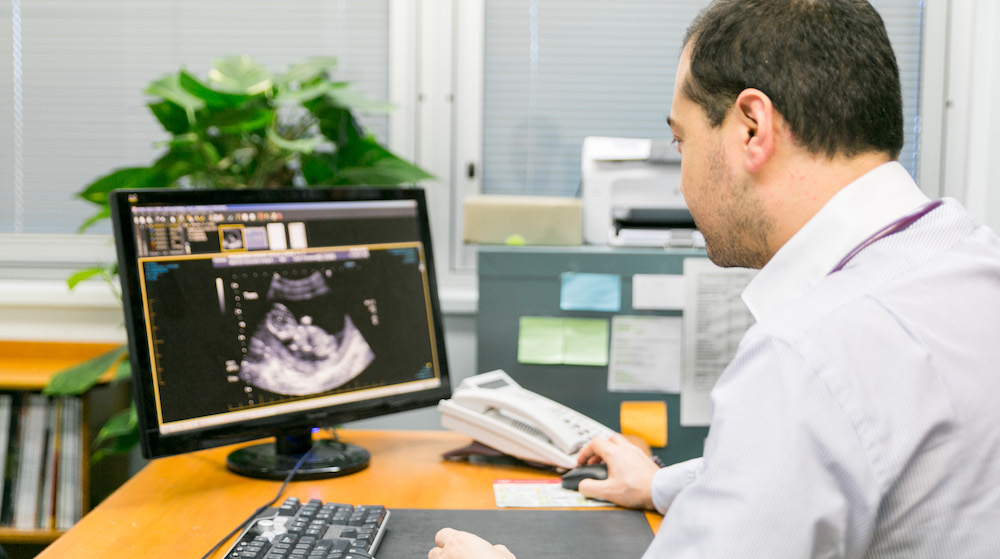What to bring to your Appointment
Before seeing a specialist you will need a referral from your local general practitioner. The doctor will organise a referral addressed to Dr Dominic Simring or Dr Anthony Leslie which you will need to bring along with:
- Your Medicare / DVA card and any previous ultrasounds / x-rays that may be relevant to your consultation.
- A current list of your medications.
Preparing for your Surgery / Procedure

Once you and your doctor decide that surgery is right for you, you’ll learn how preparing both mentally and physically for surgery are important steps toward a successful outcome. Understanding the process and your role in it will help you recover faster and with less risk of complication.
Working with your Doctor – Before surgery, your surgeon will give you a complete physical examination to make sure you don’t have any conditions that could interfere with the surgery or its outcome. Routine tests, such as blood tests and X-rays/ CT scan, are usually performed a week before the surgery.
You will discuss:
- Any medications you are taking with your doctor and your family physician to see which ones, if any, you should stop taking before surgery.
- Options for preparing for potential blood replacement, including donating your own blood, medical interventions and other treatments, prior to surgery
Patients need to continue their aspirin for surgery and they need to discuss with the doctor about Clopidogrel or Plavix. Clopidogrel may need to be stopped ten days before the surgery if advised by the surgeon.
If you smoke, you should stop or cut down to reduce surgery risks and improve your recovery rate. You should have any tooth, gum, bladder or bowel problems treated before surgery to reduce the risk of infection later. You should eat a well-balanced diet, supplemented by a daily multivitamin with iron, and report any infections to your doctor. Surgery cannot be performed until all infections have cleared up.
Preparing for your procedure – On the day of your procedure you need to be fasting (nil by mouth) for six hours prior to your procedure. You should continue to take all of your normal medications with a small sip of water including Aspirin unless otherwise instructed by your specialist doctor.
If you are having Day Surgery, remember the following:
- Have someone available to take you home, you will not be able to drive for at least 24 hours.
- Do Not drink or eat anything in the car on the trip home.
- The combination of anaesthesia, food, and car motion can quite often cause nausea or vomiting.
- After arriving home, wait until you are hungry before trying to eat. Begin with a light meal and try to avoid greasy food for the first 24 hours.
- If you had surgery on an extremity (arm, hand, leg, knee, foot), keep that extremity elevated and use ice as directed. This will help decrease swelling and pain.
- Take your pain medicine as directed. Begin the pain medicine as you start getting uncomfortable, but before you are in severe pain. If you wait to take your pain medication until the pain is severe, you will have more difficulty controlling the pain.
Home planning – Arrange for someone to help out with everyday tasks like cooking, shopping and laundry. Put items that you use often within easy reach before surgery so you won’t have to reach and bend as often. Remove all loose carpets and tape down electrical cords to avoid falls. Make sure you have a stable chair with a firm seat cushion, a firm back and two arms ready.
What to bring to Hospital
You will need to bring loose comfortable clothing/pyjamas to match the length of stay in hospital.

